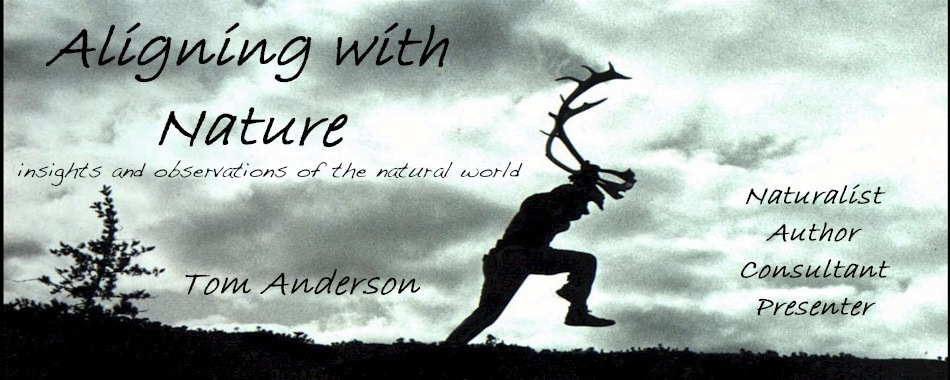Good and Cold is Good

I stepped outdoors to feel the bite of the cold. The peach-stained full moon was moving ever so slowly through the filigree of oak limbs. Looking up over my right shoulder at the roof of the house, I realized it was a three-smoke night.
Using the word “smoke” as a unit of measure is not new.
Over a hundred years ago, before the canoe country in North America was surveyed, there was no real measurement of a portage’s length. Like a string of jewels on a necklace, the lakes were connected by primitive portage trails, used by the first people living there.
European explorers often measured a portage by the number of “pipe smokes” required to carry all the packs and canoes overland to the next lake. When pausing to rest along the narrow, meandering path, it was common to smoke a bowl of tobacco in their pipes.
On this moonlit night the three smokes were geysers of heat. Two of them came from the brick chimneys on the ridges of our house. One vented smoke from the kitchen wood-fired stove. A second emitted an equally healthy plume from the basement wood burner. We fire up the basement stove only when temps drop to zero or below. The third gush was steam lifting off my naked body. I had stepped outside after a welcome sauna; a fine reward after a couple hours of cutting and splitting firewood.
In the quiet of the moonrise I challenged myself to see how long I could stand here awash in the frigid air. It took only a few minutes to feel the bite of the cold and I hurried indoors. I was satisfied with the self-inflicted, healthy dose of cold.
After all, this is deemed to be good for me.
My mother is a practitioner of getting doses of fresh air any time of the year. Recently I caught her bundled up, perched in a folding chair out in her driveway with a book in her mittened hands.

I came across some interesting research that backs up my mother’s non-academic frigid exercise.
Dr. David Sinclair, a Harvard genetics professor, was designated in 2014 as one of Time Magazine’s 100 Most Influential Persons. His specialty is researching human aging. While I have not read his recent book Lifespan, the reviews are compelling. Not surprisingly he argues vehemently for getting adequate exercise and eating a lighter and more-plant based diet with the occasional day of fasting.
Additionally Sinclair contends that by intentionally subjecting our body to “healthy stressors” we can increase levels of molecular proteins called sirtuins. These are critical for cellular health and strengthening our immune systems.
When my mom sits outside with her novel or I consider the winter full moon in my birthday suit, we engage what Sinclair calls our body’s survival circuit. Sirtuins send signals to cells to augment their defenses in order to stay alive. Those defenses make cells stronger.
So now I have to rethink my attire when out cutting wood in the winter. Maybe twenty minutes of working in a t-shirt and a pair of old jean cut-offs will stress me enough.
